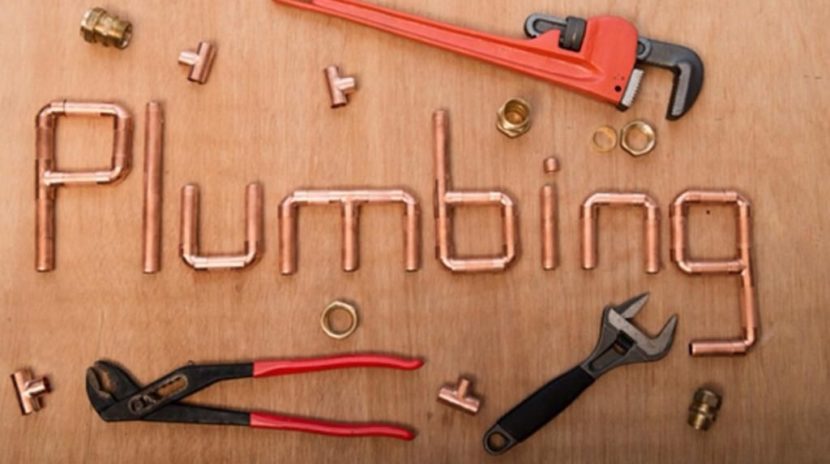
Your home’s plumbing system is like a hidden network that keeps things flowing smoothly. However, without proper care, it can quickly turn into a source of stress and expense. The good news is that a little preventive plumbing maintenance can go a long way in saving you money and headaches down the road. In this comprehensive guide, we’ll walk you through easy-to-understand preventive plumbing maintenance tips that can help you maintain a healthy plumbing system while keeping your wallet happy.
Understanding the Importance of Preventive Maintenance
Preventive plumbing maintenance is all about tackling potential issues before they escalate into major problems. Regular upkeep can extend the lifespan of your plumbing system, enhance its efficiency, and reduce the need for costly repairs. By investing a little time and effort now, you can save significant amounts of money and avoid the inconvenience of unexpected plumbing emergencies.
1. The Power of Regular Inspections
Performing regular visual inspections of your plumbing system is an essential preventive step. Look for signs of leaks, corrosion, or wear and tear in exposed pipes, faucets, and fixtures. Catching these issues early can prevent water damage and more extensive repairs later.
2. Embrace Water-Saving Practices
Not only do water-saving practices benefit the environment, but they also contribute to a healthier plumbing system. Install low-flow faucets and showerheads to reduce water usage. Also, avoid overloading your toilet and drains with excess paper or debris.
3. Mindful Kitchen Habits
Your kitchen can be a hub for plumbing issues if not treated carefully. Avoid pouring grease down the drain, as it can solidify and cause clogs. Use a sink strainer to catch food particles, and run cold water while using the garbage disposal to prevent buildup.
4. Respectful Bathroom Practices
In the bathroom, remember that your toilet is not a trash can. Flushing non-flushable items can lead to clogs and sewer line issues. Keep a waste bin nearby to dispose of items like cotton swabs, wipes, and dental floss.
5. Tackling Slow Drains Promptly
If you notice a slow-draining sink or tub, address it promptly. A slow drain is often a precursor to a complete blockage. Use a plunger or a natural mixture of baking soda and vinegar to help clear minor clogs.
6. Maintain Water Heater Efficiency
Flushing your water heater annually can prevent sediment buildup that reduces its efficiency. This simple step helps maintain a steady supply of hot water and extends the life of your water heater.
7. Address Leaks Immediately
Even minor leaks can waste water and escalate into bigger problems. Don’t ignore drips or puddles; fix them as soon as you notice them. A leaky faucet can waste gallons of water over time, increasing your water bill.
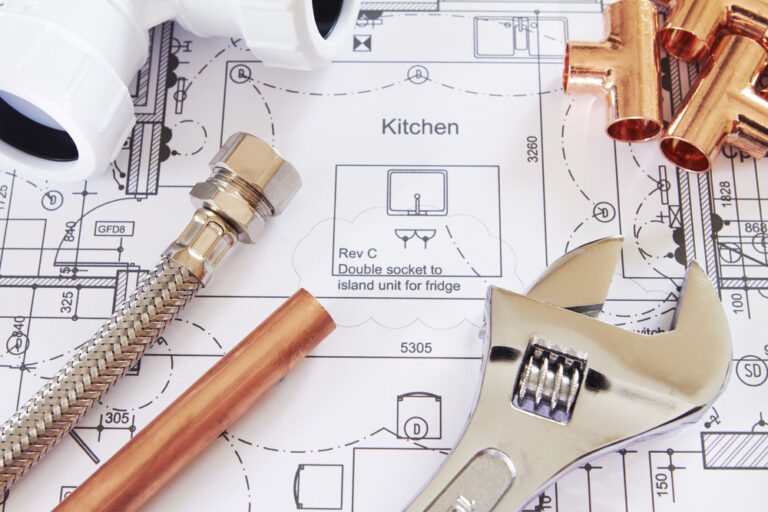
8. Winter-Proofing Your Pipes
Freezing temperatures can lead to burst pipes, causing significant damage. Insulate exposed pipes, disconnect hoses, and shut off outdoor water sources before winter arrives.
9. Professional Plumbing Inspection
Consider scheduling a professional plumbing inspection annually. A trained plumber can identify potential issues that might be hidden from plain sight. An inspection gives you peace of mind and the opportunity to address concerns proactively.
10. Educate Your Household
Educating your family about proper plumbing practices is essential. Teach everyone to be mindful of what goes down the drain, how to use the garbage disposal, and what not to flush.
11. Invest in Drain Screens
Prevent hair, soap scum, and debris from clogging your drains by using drain screens. These inexpensive devices catch potential clog-causing materials before they enter your plumbing system.
12. Watch Out for Water Pressure Changes
Fluctuations in water pressure can indicate an underlying problem. High pressure can damage pipes and fixtures, while low pressure can be a sign of leaks. Install a pressure regulator if needed.
13. Beware of Chemical Drain Cleaners
Chemical drain cleaners can be harmful to your plumbing system. They might provide a temporary fix, but they can corrode pipes over time. Opt for natural methods or use a drain snake to clear stubborn clogs.
14. Mind the Main Sewer Line
If you notice issues in multiple drains, it could indicate a problem in the main sewer line. Address this promptly to avoid a major backup that can lead to costly repairs and health hazards.
15. Keep an Eye on Your Water Bill
A sudden increase in your water bill could signal a hidden leak. If your usage hasn’t changed, but the bill has gone up significantly, it’s time to investigate and address the issue.
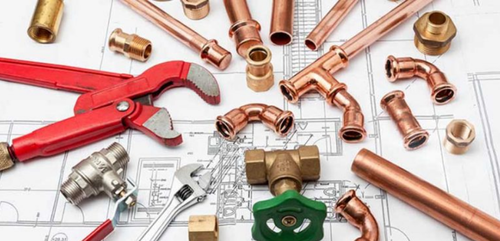
Conclusion
Preventive plumbing maintenance is an investment in the longevity and efficiency of your home’s plumbing system. By following these easy-to-understand tips, you can save money, prevent emergencies, and ensure that your plumbing system serves you well for years to come. Remember, a little effort now can prevent major expenses and headaches later. So, make preventive plumbing maintenance a regular part of your home care routine and enjoy a worry-free plumbing experience.


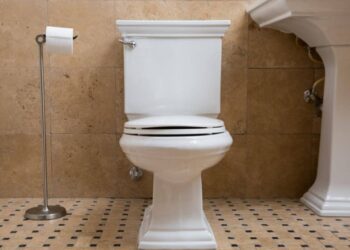
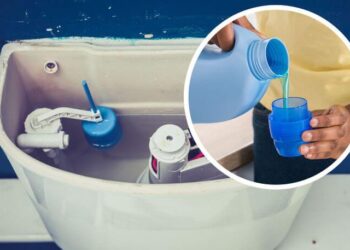
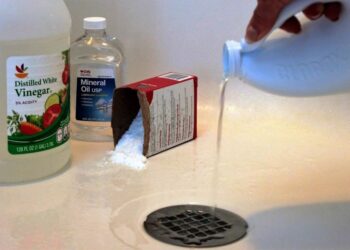
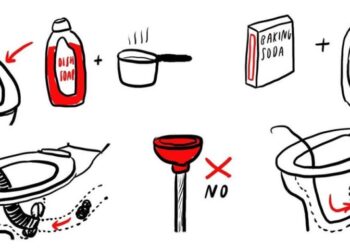
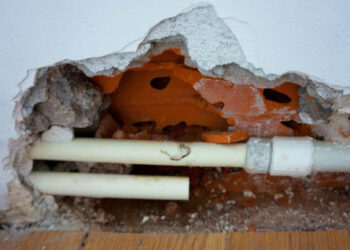
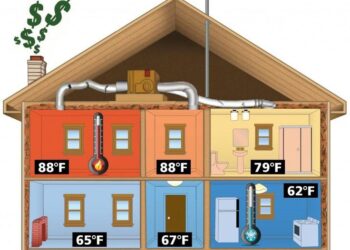













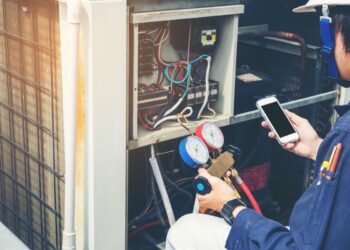
Discussion about this post